The Problem With Thanksgiving
Can we reconcile the problematic history of Thanksgiving with our own celebration?
Way back in elementary school, I remember how my school would celebrate Thanksgiving by having a festive lunch of turkey, mashed potatoes and pie. What I also remember is how our teachers would tell us the origins of Thanksgiving. How the Native Americans and the settlers celebrated the bounty of the earth. After I took American History 8 and generally became more informed about the world as a whole, I realized that this was not the reality of Thanksgiving. The idyllic stories I had been fed as a child glossed over the deeply troubling origins of this holiday. At the same time, I don’t want to give this holiday up or “cancel” it. I’m sure I’m not the only one has had this internal conflict. So, what are the real origins of Thanksgiving, and how should we respond?
The story you probably heard at some point in your childhood was that the pilgrims had a successful harvest, and invited the natives to feast with them as thanks. However, the reality is much darker. According to an article by Bustle, the first Thanksgiving in 1637 (not 1621 as many believe) was either a feast celebrating the massacre of over 700 members of the Pequot tribe or a quickly broken peace treaty between the English and the Wampanoag.
But Thanksgiving has totally changed, one might argue. According to the New York Times, there is no evidence that turkey was actually served at the first Thanksgiving. Thanksgiving is not what it was. No one heads to the Thanksgiving table to celebrate the massacre of Native Americans. However, our celebration of the holiday is still problematic. For example, children often make crafts commemorating Native Americans. I remember gluing together construction paper and feathers in a facsimile of a sacred religious object. According to Bustle, “Native Americans have explained time and time again that headdresses are sacred, and wearing one is extremely disrespectful.” Additionally, The Independent states that these “headdresses” almost never bare resemblance to actual headdresses worn by Wampanoag Indians.
Even if we stop this ridiculous crafting, telling the story of Thanksgiving perpetuates the myth of the “helpful native.” In the traditional story of Thanksgiving, you might hear the name Squanto: the friendly Indian who taught the settlers how to farm. By now, you’re probably catching on to the fact that that isn’t true. According to News Maven, Squanto (who’s real name is Tisquantum) was actually kidnapped and enslaved. In 1605, he was taken to England where he spent 9 years there. He made it back home, but in 1614, he was kidnapped again and sold into slavery in Spain. He returned home again, but his tribe had been decimated by the plague, so he decided to teach the settlers how to live in the abandoned village. We ignore the absolute human rights violation that was his life and reduce him to the stereotype of the noble savage.
According to a paper published by the University of Massachusetts Amherst, in popular culture, there persists the imagery of a noble savage, or the idea of an outsider, uncorrupted and connected to the natural world that is there to help and serve. However, the paper goes on to say “Even the most romantic or sympathetic noble savage imagery is ultimately unhelpful and stereotypical itself, because victimization, guilt, and pity have never been the goals of Native people.” While worlds better than being labeled savages or barbarians, it is still a harmful misconception.
Finally, it’s a little ironic to celebrate Native Americans while grossly mistreating them. The Dakota Access Pipeline currently runs through many native reservations. In the age of westward expansion, settlers pushed Native Americans out of their ancestral homes and forced them to go west. Eventually, the government designated lands for Native Americans to live on known as reservations. Our government consigned Native Americans to these often undesirable lands, and now they continue to intrude on them. According to CNN, the Standing Rock Sioux says that the pipeline would contaminate their water and endanger their sacred lands. We can tell these stories of helpful natives all we would like, but doing so while ignoring the injustices that are committed against them is an interesting choice.
In this hectic, crazy world we live in, we need a day to be grateful. We need a day off where we can tell our friends and family that we love them, that we appreciate them. However, we need to remember the troublesome origins of the holiday. So, between courses of turkey and stuffing, take a moment to reflect on the multitudes of abuses that natives have suffered at American hands. This Thanksgiving, I am grateful for the opportunity to examine history, myth and the line between them.

Kasie Leung is a freshman staff writer for The Tower. When not writing manifesto-length articles, you can find her in Gilman-32 spending ungodly amounts...


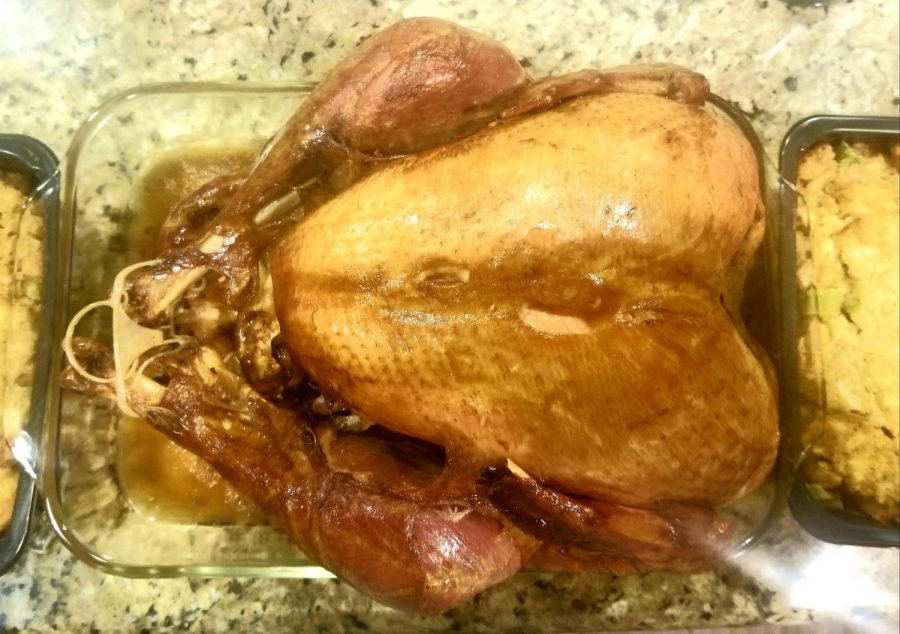


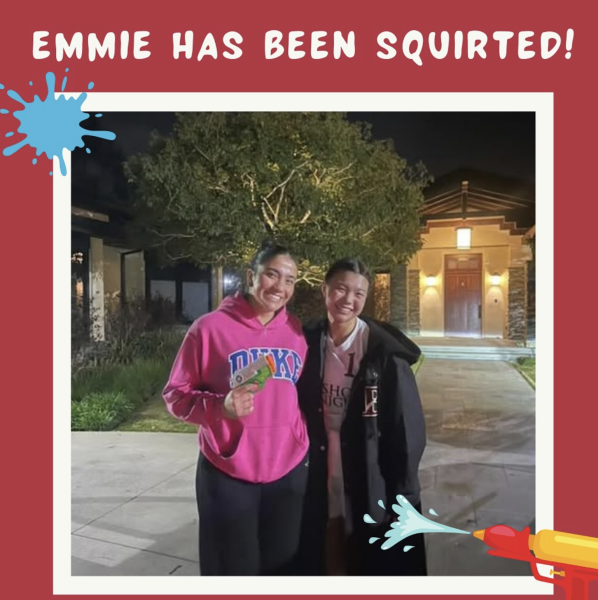
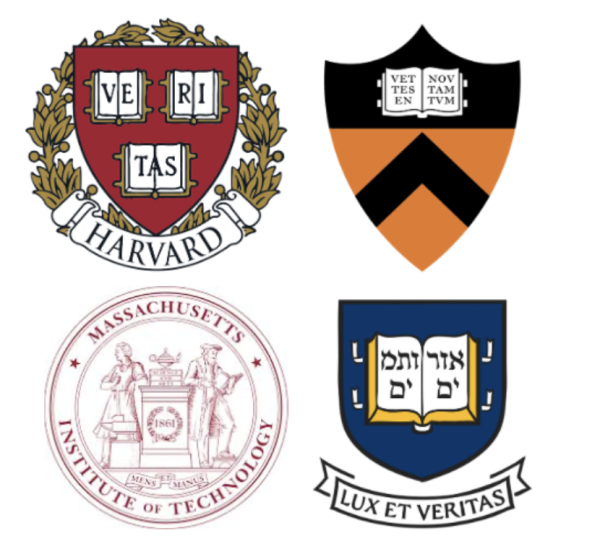

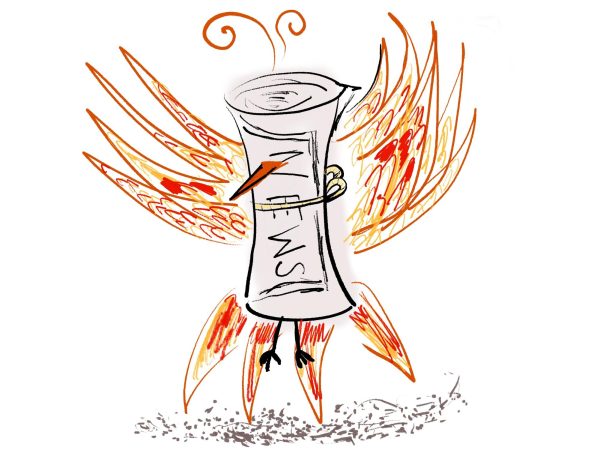
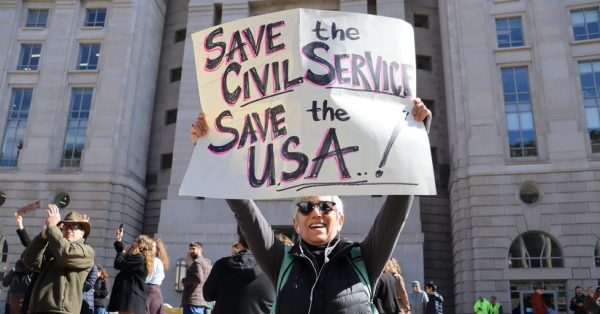
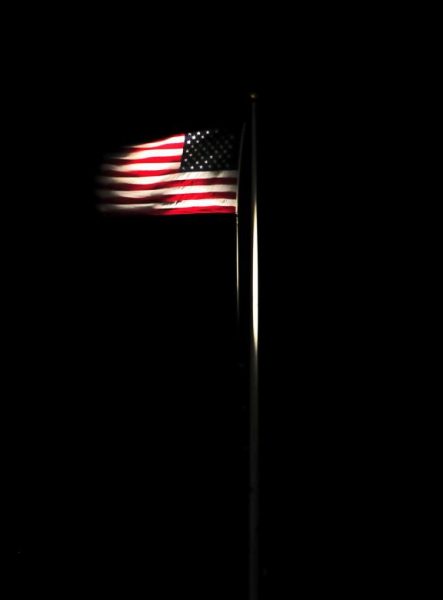
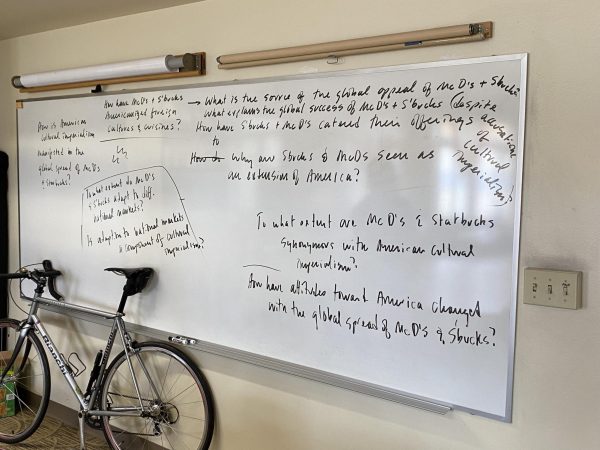

Shirley Xu • Dec 6, 2019 at 4:04 PM
WOW this article was amazing, great job Kasie!
Jasper Jain • Dec 6, 2019 at 10:23 AM
This author’s prose is quite literally top-notch.
Alex Cotton • Nov 29, 2019 at 4:24 PM
A very enlightening article